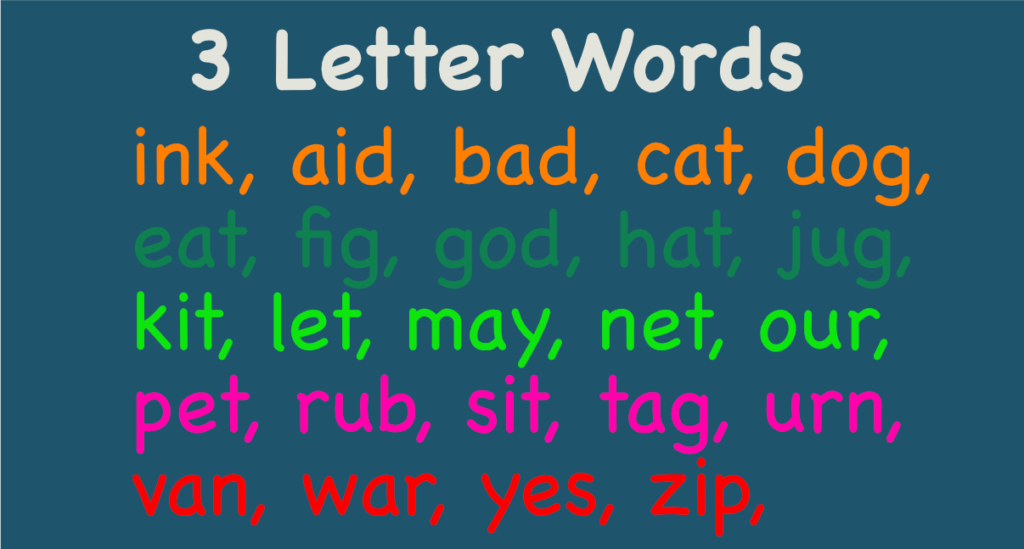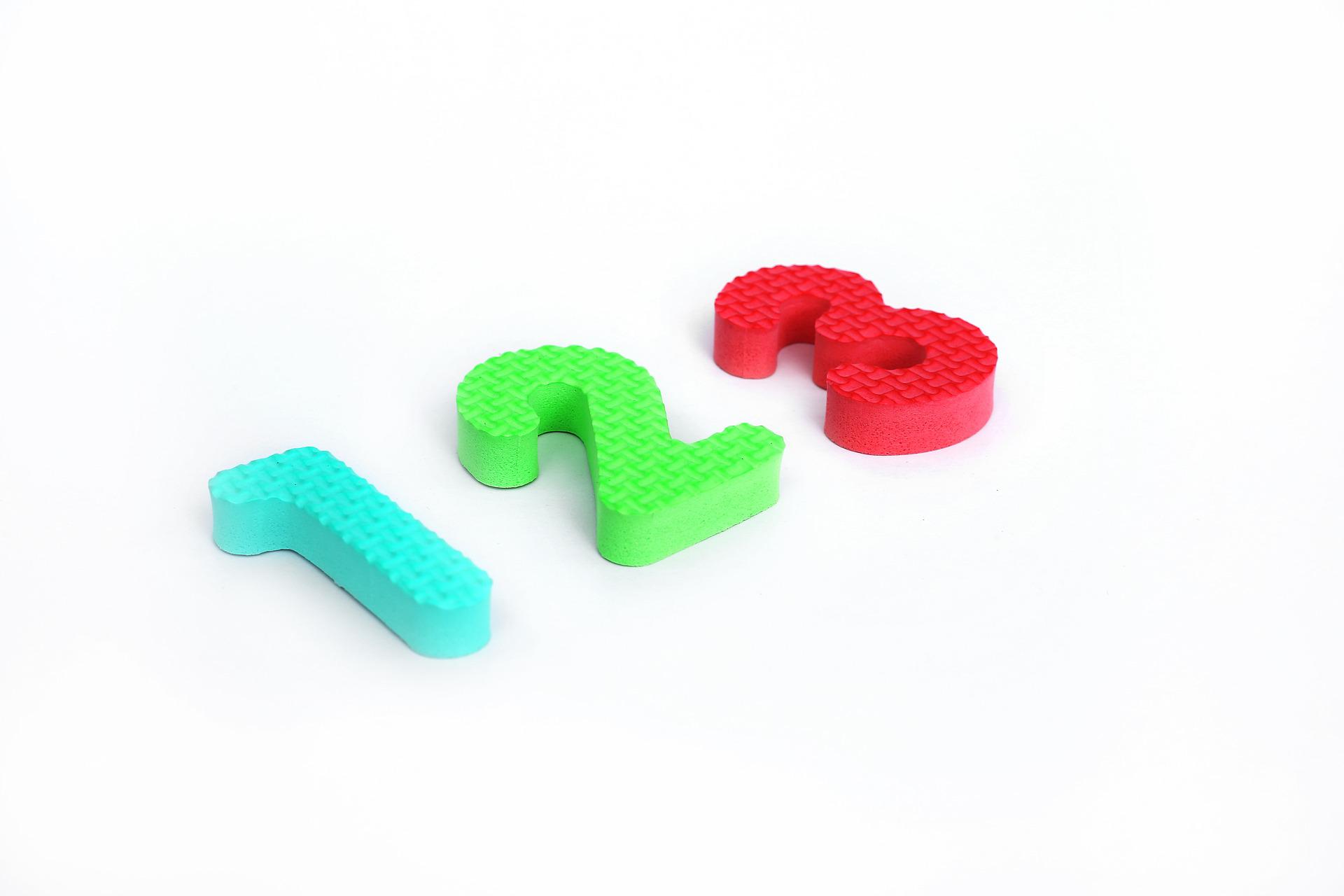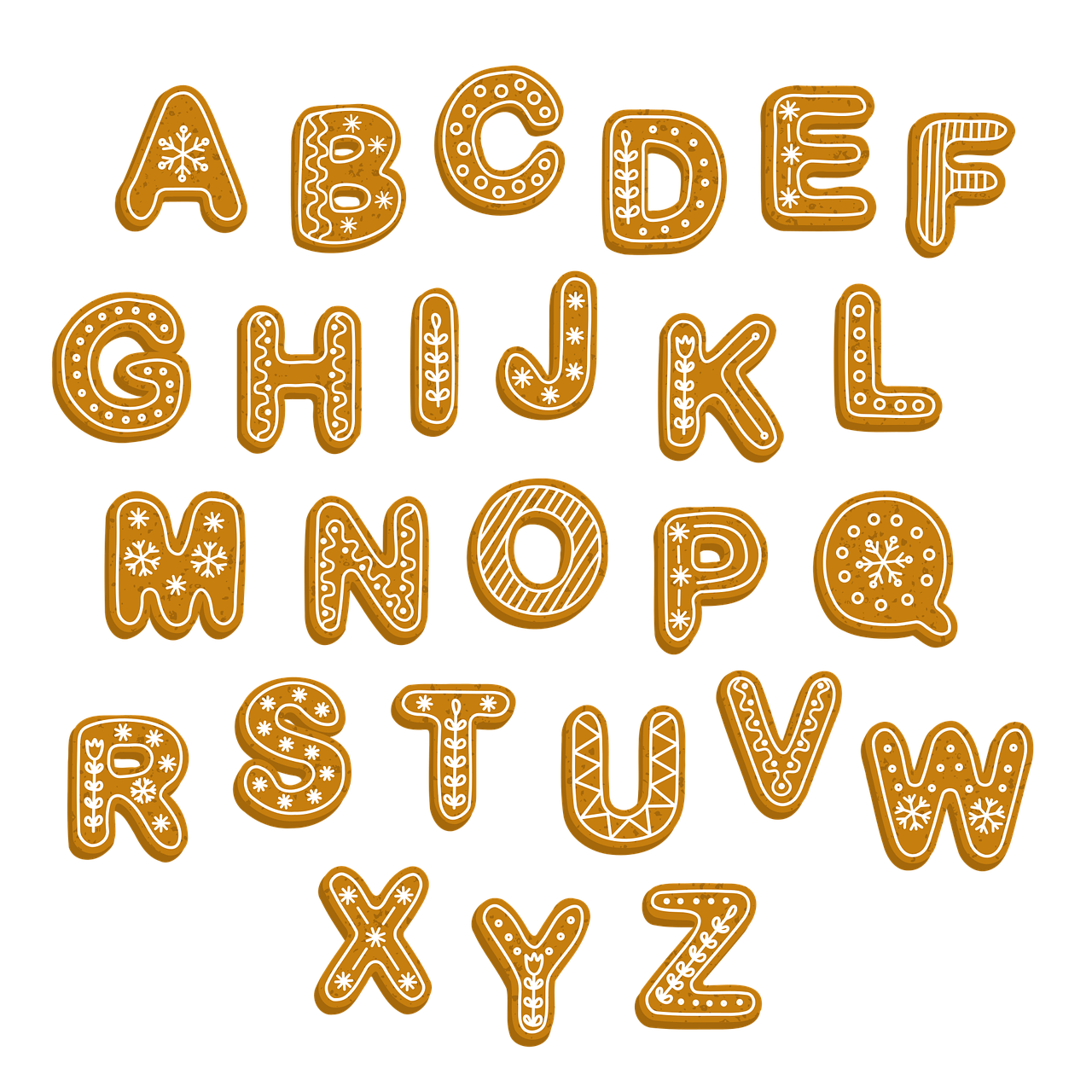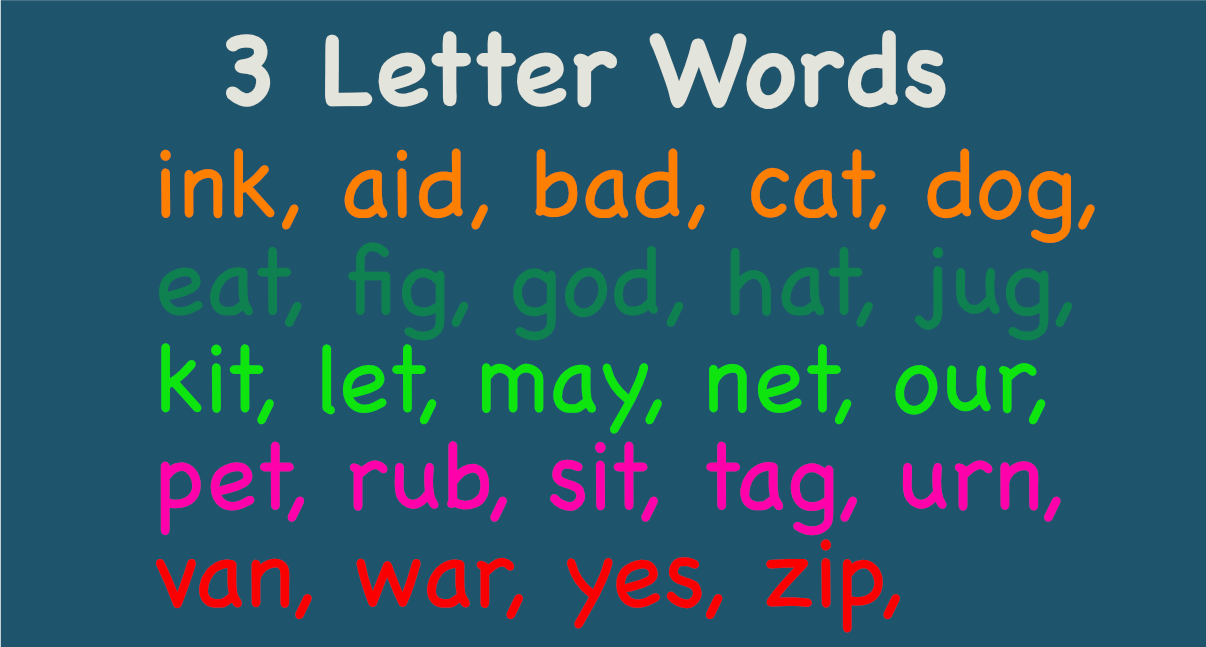
Language development is a critical aspect of child development. At some stage, it will be crucial to teach your child language skills and new words. This post focuses on effective techniques to teach your toddler new words and expand their vocabulary.
The post covers the following:
- Guided Play
- Word Sorting
- Word Sorting Games
- Imitating
- Listening
- Imitate The Words And Sounds Your Toddler Uses
- Getting Them To Respond To You
- Asking Questions
Contents
Guided Play
Guided play involves setting up situations where children can learn while having fun. The adult can either get involved and organize the game or simply stand back and observe.
In either case, the adult should be sensitive and not try to control or interfere with the child’s play. The adult should be more of a scaffolder than a teacher.
Guided play is an excellent way to introduce new words to your toddler. When you engage your child in play, try to use specific vocabulary words that your child will be able to identify.
These words may include colors, positional words, content-specific words, and rhyme and illustration. You should also weave questions about the materials you are using into the play scenario. For instance, you can ask your child to describe a character from a story or make-believe play.
Guided play helps toddlers learn new words through interactive play with an adult. The adult guides the child and uses positive reinforcement to ensure that the child learns the words.
It also helps promote healthy social and emotional development. However, there is a need for more research to determine if guided play is beneficial for children.
To address this question, we analyzed literature on the effects of guided play. To assess the effectiveness of guided play, we compared it with other interventions.
The positive effects of guided play were found to be greater than those of free play. In addition, the researchers found that guided play was more effective than free play at enhancing early math skills, shape knowledge, spatial vocabulary, and task switching.
Word Sorting
Among the first skills a young child can learn, sorting is a key component of early literacy development. Sorting helps young children learn to categorize things and forms a foundation for math and early literacy skills.
Even adults sort ideas and objects into categories for convenience. For example, they put certain foods in the refrigerator, and others on a shelf in the cupboard.
Word sorting activities take advantage of the way the brain naturally processes new information and clusters words into categories.
According to author Glenda Beamon Crawford, sorting games build constructivist learning principles by creating opportunities for students to construct understanding through their own discovery. This approach is also a great way to reinforce the learning process and reinforce new vocabulary.
Word Sorting Games
Sorting games are a fun way to introduce new concepts. You can choose to use simple activities or more complex activities that require a bit of preparation.
You can also try out more sophisticated activities like color sorting, which will give your toddler a more specific vocabulary lesson. And while playing these games, you can make sure that your toddler is having fun while learning new words.
Sorting activities are a great way to keep your toddler busy for an extended period of time. They can be simple or complex, and are fun for young children. Plus, they can be easily integrated into your toddler’s daily routine.
Imitating
Imitating is one of the most common ways to teach toddlers new words. While some children imitate words earlier, it generally takes many repetitions before your child is able to imitate a word correctly. This method is best used with simple words, such as your child’s name.
First, start by imitating the sounds. When your child mimics a word, he will repeat it and wait for you to respond. You can also model the movement of the mouth to make the word. This will build your child’s confidence and desire to imitate the word.
After your toddler has mastered the sound and movement of the word, start imitating what he or she sees and hears. If your child understands the game and is already copying movements, you can move on to vocal imitating.
However, if your child isn’t yet ready for this, you can try the next stage and try to make the sounds of the word more similar to what your child is saying.
You can also try repeating one word or the first sound of the word. You can start by saying’muh’ when your child says milk or ‘buh’ when you say ball. This is a good way to teach your toddler new words while having fun.
Listening
Getting down to your toddler’s level is the key to making sure that he or she hears your words. It will also help if you use silly voices to get their attention. Also, you may want to read books that have exciting new stories for toddlers. This will help them learn to focus on what you say.
Another way to help your child learn is to play games that help him or her listen. For example, “Simon Says” is a great game that the entire family can play.
It can be used as a fun way to explain things like getting dressed, getting into the car, or putting on a shirt. The game can also be used to teach children that sounds are important, and that they should use them appropriately.
Imitate The Words And Sounds Your Toddler Uses
It is also a good idea to imitate the words and sounds your toddler uses. This will help increase his vocabulary and help him develop confidence. This way, he or she will see that you understand what he or she is saying. Remember that children need to hear words many times before they are able to use them.
Another way to encourage your toddler to learn new words is to sing to him or her. Toddlers are fascinated by music and rhythm. They will often imitate movements and words in songs and other spoken words.
Besides singing and playing with your toddler, you can also make music for him or her. You can do this by playing with a maraca or drum or using a xylophone.
Getting Them To Respond To You
When teaching your child new words, one way of getting them to respond to you is to mimic your excitement. Exaggerate your gestures and sounds when you are excited.
This will pique your child’s interest in what you’re saying. You can also talk about what they like when they’re playing. This will allow you to make conversation with them naturally without having to direct them.
You can start by asking your child a series of “what’s that?” questions. For example, if your child says “shoe,” you can ask her what shoes look like in different contexts. This way, she will learn that names have different sounds.
Another way to encourage your toddler to respond to your words is to ask her to do something, such as opening a door. Then, wait until she hands you the object. This will show your child that you value communication, and that you can respond quickly to her requests.
After your child responds to your requests, you can start using new words. Use these new words to build on the ones she already knows. When she understands that words have a particular meaning, she will respond to you in return.
Asking Questions
Asking questions is a great conversation starter and can help toddlers stay engaged in a conversation for longer periods of time. There are many strategies parents can use to encourage their toddlers to ask questions.
The first step is to ask a few simple questions and let your toddler respond in turn. Allow plenty of time for your toddler to observe your rising intonation and see what you’re asking.
You can use books to help your toddler practice asking questions. Point to a familiar picture and ask “what’s that?” This way, your toddler will get lots of practice asking questions. After a while, you’ll be able to see that your child is becoming more independent.
You can also try books that have yes/no prompts. A few favorites are those by Karen Katz, Leslie Patricelli, and Usborne Touchy-Feely Books. They are interactive and fun for toddlers to read. The silly yes/no questions in the books also make it more entertaining for your child.
Asking questions helps your toddler build vocabulary by asking them to express themselves. Whether they are asking you for information or asking you to answer their questions, it’s an easy way to make them familiar with new words. It also helps them to understand how words relate to one another.
Final Thoughts
As you can see from the techniques and tips shared above, there are several effective ways to teach your toddler new words. Using activities that mimic your own actions and reactions is a great way to start teaching your toddler new words. You can then develop that further by incorporating the tips shares above and many others.



